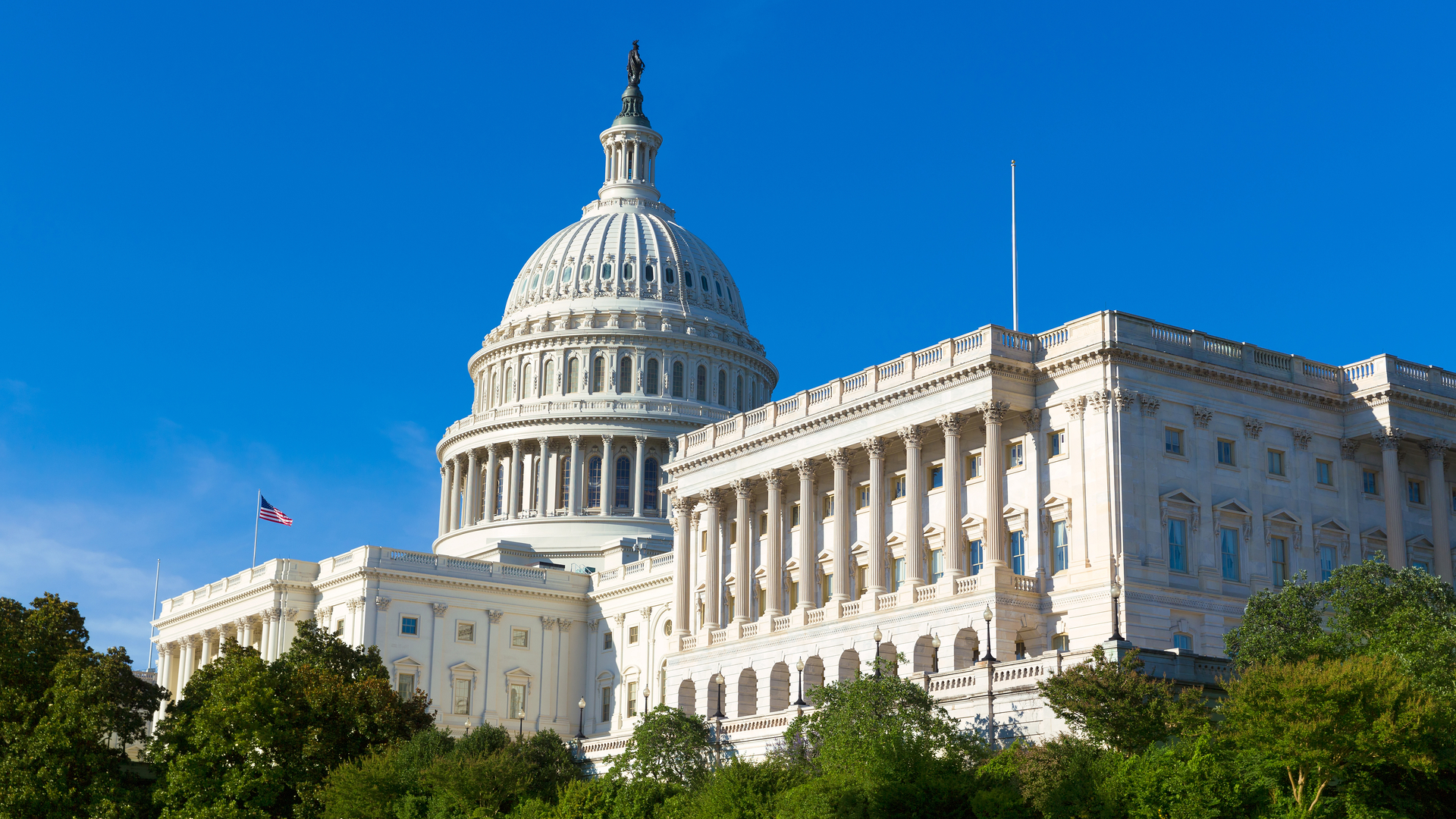Government urged to disconnect pirate file sharers
Organisations want to cut off users for repeatedly downloading illegal content, but ISPs don’t agree that this is the right thing to do.

Unions and businesses from Britain's creative industries have come together to urge the government to make a decisive move against illegal file-sharing.
Organisations including the Federation Against Copyright Theft (FACT) and the British Phonographic Industry (BPI) made a statement urging the government to protect industry from the threat of illegal downloading and piracy.
The groups called on ISPs to first send warning notices to offenders, and if multiple warnings were ignored, to then disconnect users who continue to download illegally.
In practice, this would mean the government would need to create new legislation alongside Ofcom.
The call to action comes as the government this summer finalises its Digital Britain report, which recommended ways to protect digital industries.
"The UK government has the opportunity to take action now to address piracy which will protect the 800,000 jobs dependent upon the creative industries in the UK," said Equity general secretary Christine Payne in a statement.
France has previously tried to implement a similar system, but it has since been overturned. The EU has also slammed the plans, while the UK's own intellectual minister this January said the government would not force ISPs to take such action.
Sign up today and you will receive a free copy of our Future Focus 2025 report - the leading guidance on AI, cybersecurity and other IT challenges as per 700+ senior executives
Industry body the Internet Service Providers' Association (ISPA) said it disputed the calls for the disconnection of users, or any other type of technological measure to deal with copyright infringement.
ISPA also said that ISPs, consumers groups and the European Parliament believed that disconnection was a disproportionate response.
"ISPA recognises that there is a problem with unlawful P2P file sharing," said ISPA secretary Nicholas Lansman.
"But it is important to recognise that a major part of the solution lies in licensing reform and the availability of legal content online."
The call comes as the British Software Alliance revealed that 41 per cent of all software was pirated, while 35 billion was lost in revenue last year.
-
 Cleo attack victim list grows as Hertz confirms customer data stolen – and security experts say it won't be the last
Cleo attack victim list grows as Hertz confirms customer data stolen – and security experts say it won't be the lastNews Hertz has confirmed it suffered a data breach as a result of the Cleo zero-day vulnerability in late 2024, with the car rental giant warning that customer data was stolen.
-
 New malware uses search engine ads to target pirate gamers
New malware uses search engine ads to target pirate gamersNews MosaicLoader uses advanced obfuscation techniques to avoid detection
-
 US big tech suffers as federal privacy bill delayed
US big tech suffers as federal privacy bill delayedNews Firms must comply with California's strict data laws in lieu of a federal bill
-
 Liberty defeated in ‘snooper’s charter’ legal challenge
Liberty defeated in ‘snooper’s charter’ legal challengeNews High court rules the government’s Investigatory Powers Act doesn’t breach human rights
-
 Premium email firm Superhuman ends pixel tracking after backlash
Premium email firm Superhuman ends pixel tracking after backlashNews The email plugin startup removed read receipts by default after accusations of surveillance
-
 GDPR is not enough to win back customer trust
GDPR is not enough to win back customer trustIn-depth When it comes to building new services, industry experts believe there should be a collective responsibility for data security
-
 UK Prisons trial facial recognition to stop drug smugglers
UK Prisons trial facial recognition to stop drug smugglersNews Biometric technology used to catch visitors supplying contraband
-
South Wales Police given ultimatum to drop facial recognition tech
News Ex-councillor Ed Bridges has given the force two weeks to drop tech that "violates privacy rights"

